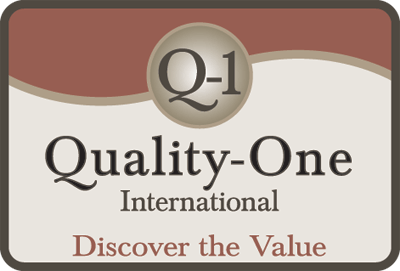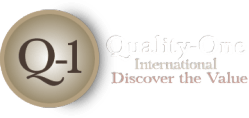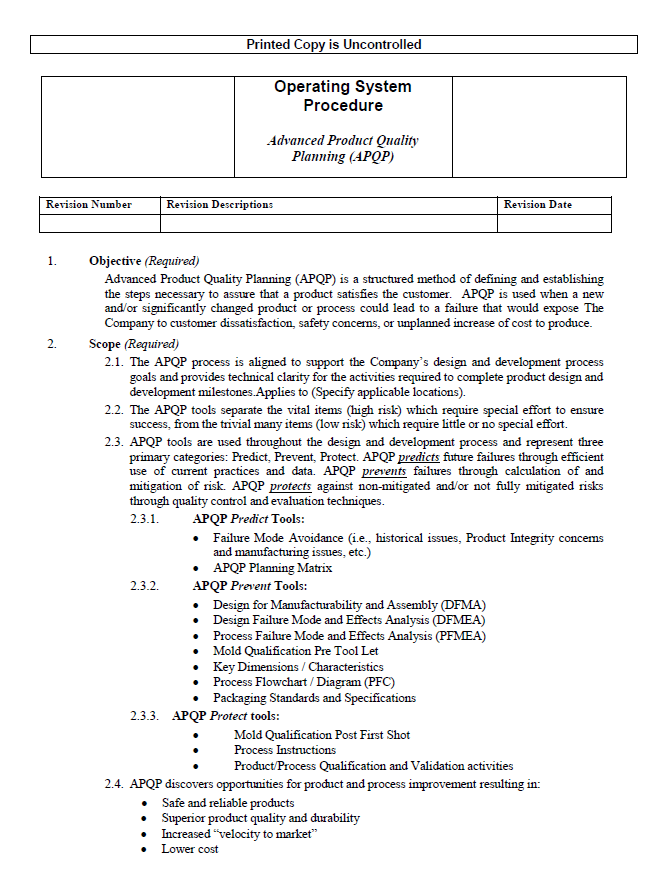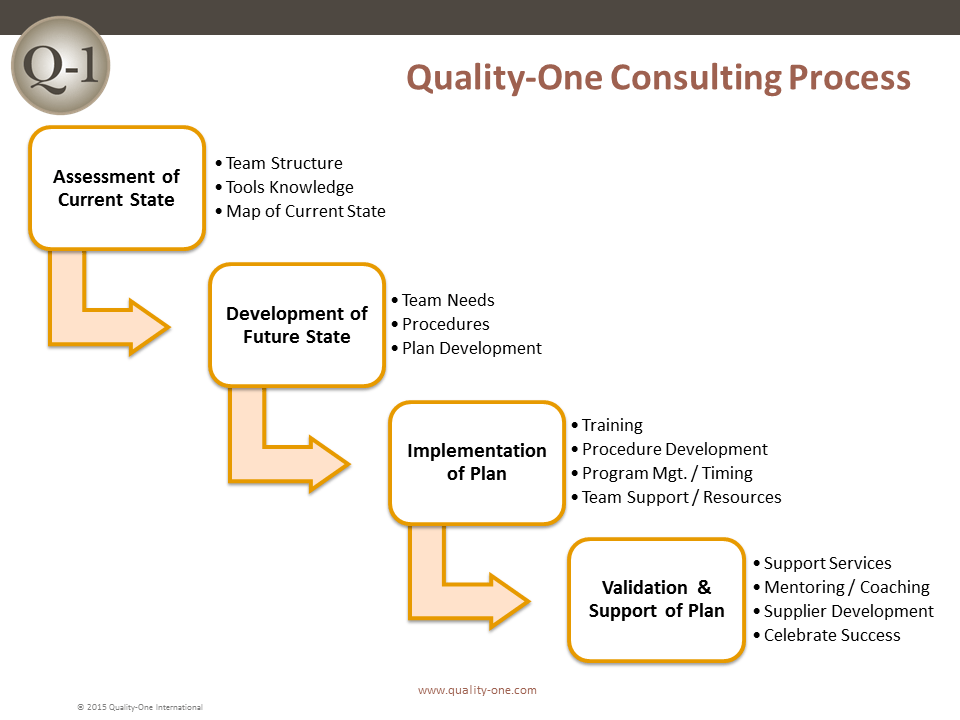APQP Consulting
– Guidance and Direction –
⇓ Introduction to APQP Consulting

Introduction to APQP Consulting
When properly applied, Advanced Product Quality Planning (APQP) forges a strong relationship between customer and supplier, a relationship based on confidence in the quality of the product. But when APQP is not applied correctly, the entire design process can end up plagued by failures and waste. Ultimately, that relationship between customer and supplier could be broken.
Many companies have chosen APQP as a substitute for the Product Development Process or a supplement to New Product Introduction (NPI). The process of using APQP is not the same as filling in the forms to support Production Part Approval Process (PPAP). The APQP process requires a Cross Functional Team (CFT) and a rigorous, detailed approach to product development. Organizations with supply chains that perform important tasks may also benefit from a strategic approach to APQP. When the task becomes overwhelming or resources are limited, consulting support is a good option.
Quality-One APQP Consulting involves understanding your overall product and process development needs and developing a time and cost effective process. There are two aspects of APQP that can be developed through consulting: The prevention of failure on new product / services within the organization and APQP deployment for the supply chain.
Quality-One believes the foundation of any APQP process must define and address the following:
- Product Development (PD) project scope
- Required resources
- Assure past failures are considered and avoided
- Failure Mode Discovery early in PD
- Special Characteristics development
- Manage design and process change
- Concurrent and collaborative design of the product and process
- Selection of APQP tools used for preventing failure (found in Product Quality Plan)
- Selection of APQP tools that will capture failure when it occurs (found in Control Plan)
- Capture Lessons Learned for future preventative actions
- Improve systems and techniques that increase PD efficiency and efficacy
- Create procedures and work instructions
- Improve supplier development and surveillance
The application of the APQP process at the supply chain is equally important. Utilizing APQP improves supply chain support of an organization’s NPI. When applying APQP within the supply chain, additional considerations are:
- Number of high value suppliers being engaged and managed
- Value of supplier inputs to product performance
- Levels of Production Part Approval Process (PPAP)
- Time requirements for APQP completion
- Training and mentoring requirements to improve supply chain support
Developing an effective APQP methodology and managing the process often requires the assistance and guidance of a professional resource. Quality-One can assure that your APQP process is beneficial to the product development process of your company and its relationships with customers.
Benefits of APQP Consulting
By offering an optimal plan for applying this methodology, APQP Consulting improves the design experience for both your company and your customers. Here are a few of the benefits that you can expect from Quality-One APQP Consulting:
- Assurance that requirements cascade into the product specifications from concept to customer
- Improved use of key tools, which may include:
- Improved collaboration between product, process design, purchasing, supply chain and manufacturing
- Effective development of risk mitigation plans for prevention actions
- Faster product development cycles
- Focused resources on high risk activity
- Reuse of legacy and lessons learned to reduce risk
- Improved quality control systems and control plans
- Improved systems supporting product development, manufacturing and service
- Special Characteristics development and management
- Supply chain engagement at the correct time
- Alignment of project goals with gateway reviews
- Improved customer satisfaction, reduced warranty cost and campaign prevention
- Supplier development guidance
Methodology for APQP Consulting
Quality-One uses a 4-step process when consulting services are requested. The steps are described below:
1. Assessment of the Current State of the APQP Process
The assessment phase allows the APQP Consulting team to diagnose the weaknesses and define opportunities for improvement. The customer can expect the following:
- Review quantity of projects and percentage of new content
- Development of a comprehensive analysis of all APQP phases
- Team structure and methods
- Failure Mode Avoidance (FMA)
- FMEA and DFM/A capability
- Measurement capability
- Capability of APQP tool use
- Mapping of current state
- Completed checklists with observations
- Supplier contribution to NPI
2. Development of the Future State Process
The APQP Consulting team will collaborate with the customer to determine the best options. Considerations include culture, knowledge and diversity, as well as systems available to support the future effort. Items discussed in this phase are:
- Appropriate tools required to support APQP
- Map of future state impacting findings of the first phase
- Systems improvements
- Training needs for APQP and its primary tools
- Supplier selection process
- Supplier risk assessment
- Supplier engagement and PPAP level
- Supplier development
- Procedures and Work Instruction updates / development
- Training plans and topics selection
- Estimates of time and cost savings
- Estimates of effectiveness to be achieved through
3. Implementation of the APQP Process
The APQP Consulting team aligns the organizations resources with training needs, implementation timing, establishes milestones and tracks progress. Items to consider are:
- Train, schedule activities and measure of effectiveness
- Supports teams using APQP tools
- Directs “just the right amount” of APQP for the project
- Optimize APQP timing within program management
- Mentor teams in key APQP tools (i.e. FMEA, DFM/A, DVP&R, Control Plans, etc.)
- Supplier Development and APQP applications
4. Validation and APQP Support
The APQP Consulting team reviews the measurement of success and adjusts the process if indicated. A follow-up plan is created, which may include:
- Application of APQP Project Support resources in Facilitation, Contract Services and Auditing
- Resources for periodic review
- Best practice techniques and methods
- Training for additional stakeholders as APQP process is expanded
- Ongoing supplier development and surveillance
- Provide on-going resources for APQP projects
Learn More About APQP Consulting
Quality-One offers Quality and Reliability Support for Product and Process Development through Consulting, Training and Project Support. Quality-One provides Knowledge, Guidance and Direction in Quality and Reliability activities, tailored to your unique wants, needs and desires. Let us help you Discover the Value of APQP Consulting, APQP Training or APQP Project Support.


